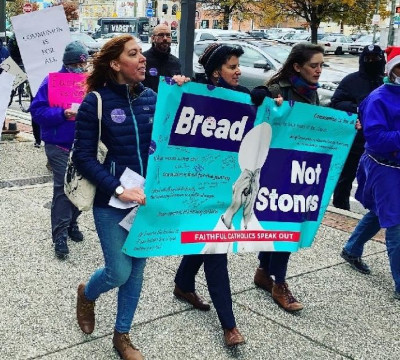Call on Pope Francis to open files of Congregation for the Doctrine of the Faith (CDF)
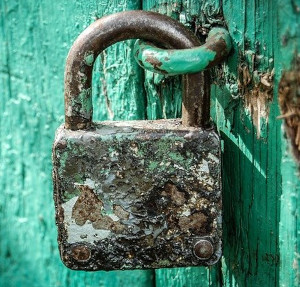 A decade ago in Ireland state judges investigating clerical abuse cases sought relevant files from the office of the Vatican’s CDF. The CDF refused to supply any files.
A decade ago in Ireland state judges investigating clerical abuse cases sought relevant files from the office of the Vatican’s CDF. The CDF refused to supply any files.
The detailed Munich independent legal investigation (20 January 2022) has accused former Pope Benedict XVl with failing to report 4 cases of clerical abuse while he was Archbishop of Munich. The investigation was based on an examination of the Munich files and interviews with witnesses regarding almost 500 abused children and 235 perpetrators. In his statement on this Munich report former Pope Benedict XVl did not tell the truth and severely damaged his own reputation.
The USA, Ireland, Australia, the UK, Chile, Germany and France have over the past 20 years reported on clerical sex abuse cases being systematically covered up in order to protect the reputation of the church. Yet today Catholic bishops in many countries continue to deny any coverups. Every few years another country reports the same systemic pattern. In 2001 Cardinal Ratzinger ordered all reports of clerical sex abuse to be sent directly to the CDF.
We Are Church call on Pope Francis to establish an independent legal investigation of the CDF files to determine the global extent of the coverups of clerical sex abuse cases.
The truth will set you free.
Colm Holmes
Chair, We Are Church International
E
M +353 86 606 3636


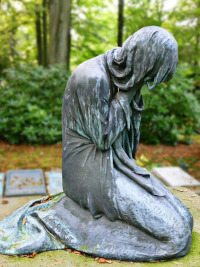
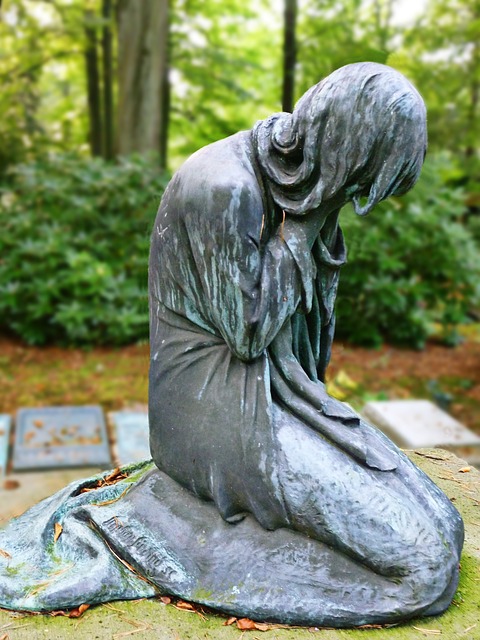 We strongly support the appeal against the acquittal of the Indian Bishop on 13 charges of raping a religious sister
We strongly support the appeal against the acquittal of the Indian Bishop on 13 charges of raping a religious sister 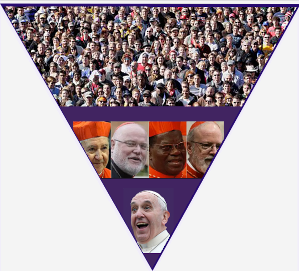
 25 November 2021 Fifty years ago the Second Vatican Council was clear: the church is the People of God. Yet, one of the most important precepts of the Second Vatican Council, synodality, has not been fully realized. Under Paul VI and succeeding popes, synodality was enacted through a synod of bishops -- an expression of episcopal collegiality, not synodality of the whole church.
25 November 2021 Fifty years ago the Second Vatican Council was clear: the church is the People of God. Yet, one of the most important precepts of the Second Vatican Council, synodality, has not been fully realized. Under Paul VI and succeeding popes, synodality was enacted through a synod of bishops -- an expression of episcopal collegiality, not synodality of the whole church.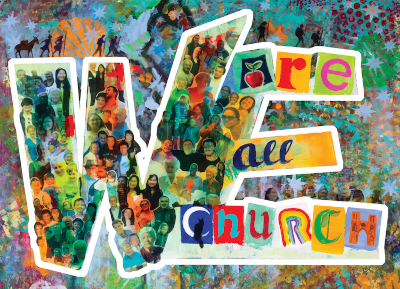
 WE ARE ALL CHURCH is a message we want to share particularly during the synod process as we seek to have ALL the people of God included. The Synod in October 2023 should not just be made up of bishops - it should be transformed into an Assembly of all the People of God (with a minority of clerics; 50% women and the non-clerics should NOT be selected by the clerics).
WE ARE ALL CHURCH is a message we want to share particularly during the synod process as we seek to have ALL the people of God included. The Synod in October 2023 should not just be made up of bishops - it should be transformed into an Assembly of all the People of God (with a minority of clerics; 50% women and the non-clerics should NOT be selected by the clerics).